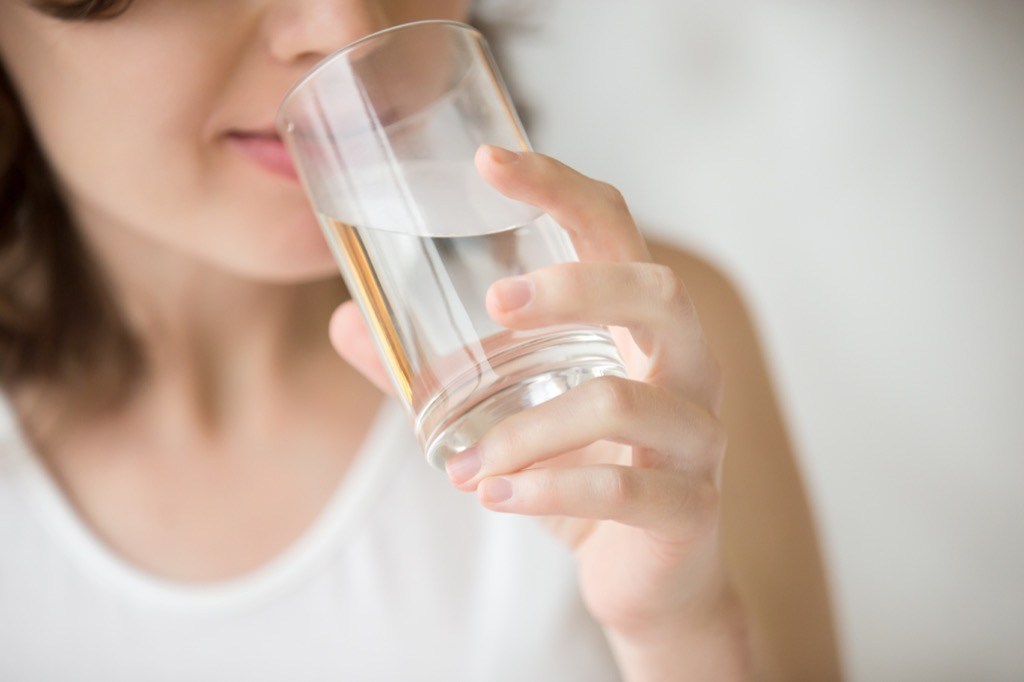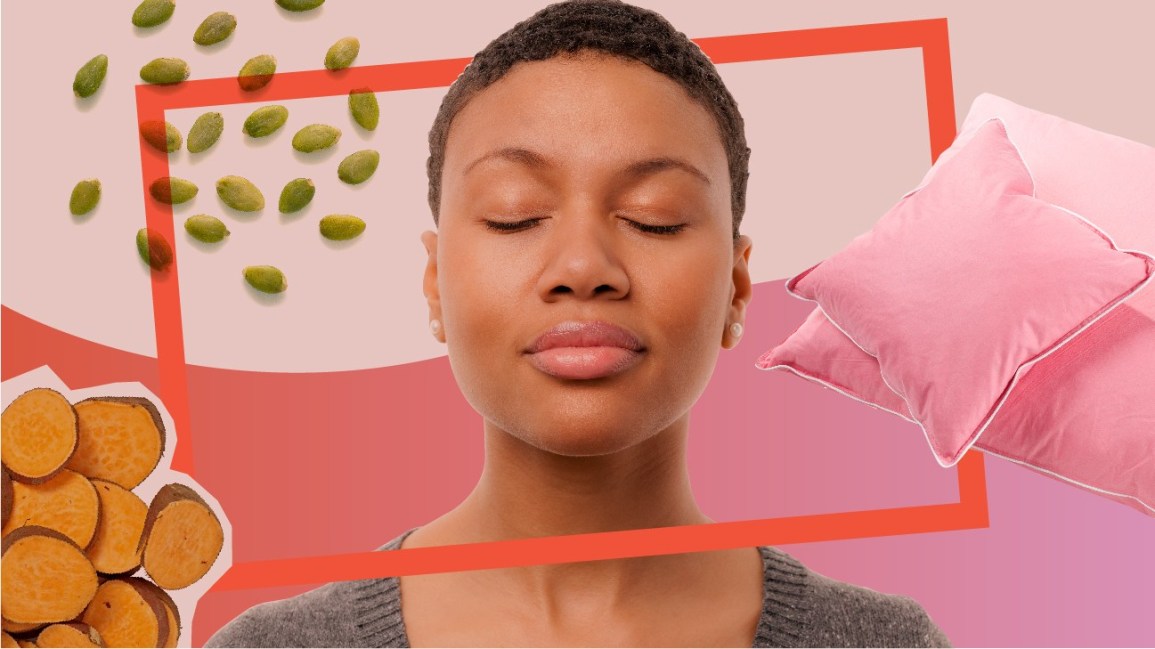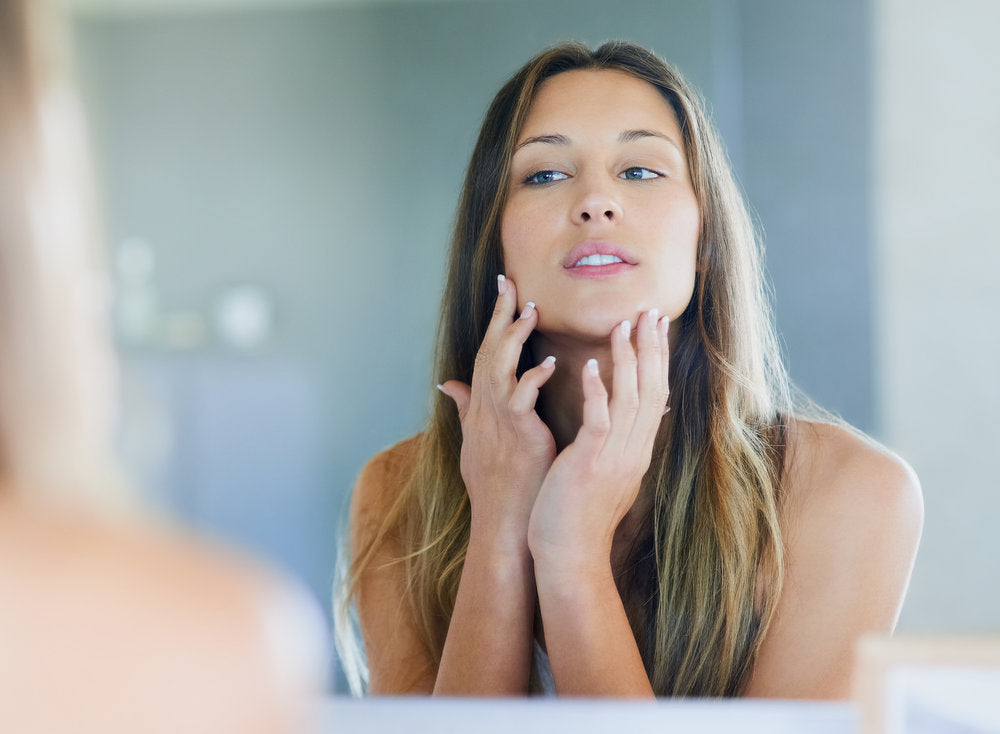Debunking The Myth: Drinking Water Prevents Dry Skin

All our lives, we've been told by our elders that water is the key to bright, youthful skin, but how true is this?
Water is essential to regulate the body's temperature and maintain its functions. We rely on water for survival. However, there are no studies that prove that drinking loads of water improves skin hydration. Contrary to popular belief, the water we drink does not directly go to the skin. It is absorbed through the blood in our cells and the remaining is filtered through our kidneys and excreted through urine. Hence, drinking water flushes out toxins from our system, ensuring its smooth running. Moreover, water is, of course, the smart alternative to sugary beverages such as soda or processed juice. That being said, the amount of water you drink in a day will not vastly alter your skin.
Why does our skin get dry?
 Every day, we lose water through our skin and into the surrounding atmosphere through evaporation. This is known as transepidermal water loss and is inversely correlated to the skin barrier function. So, for example, if your skin barrier is impaired, your skin will lose more water, leaving it dry and parched.
Every day, we lose water through our skin and into the surrounding atmosphere through evaporation. This is known as transepidermal water loss and is inversely correlated to the skin barrier function. So, for example, if your skin barrier is impaired, your skin will lose more water, leaving it dry and parched.
Dryness intensifies the appearance of wrinkles, fine lines, skin sagging, and discoloration. Hence, skin hydration is really just a function of the skin barrier. Regardless of the amount of water you may drink in a day, as long as your skin moisturized, your skin will remain dewy and hydrated. External factors like things that your skin may come into contact with, the environment, and whether or not you incorporate a moisturizer in your skincare routine have more of an effect on your skin than you may imagine.
What kind of moisturizer does your skin need?
Basic moisturizers contain three main ingredients-
- Occlusive ingredients that help seal moisture into the skin.
- Humectants that pull water from the deeper layers of the skin onto the top layers in order to make the skin look fresh and hydrated.
- Emollients that soften the appearance of rough skin.

Using a basic, fragrance-free moisturizer with all these ingredients will do a lot more for your skin than simply drinking water all day!
Does your lifestyle play a role in overall skin health?
While the Institute of Medicine advises men to drink 104 ounces of water each day (13 glasses) and women to drink 72 ounces (9 glasses), we tend to forget that our water needs are met through different foods, vegetables, and fruits too. Since these too have a high water content, there is no need to beat yourself up for not drinking 9 glasses of water each day. As long as you continue to eat a balanced diet, chances are that you will successfully be meeting your total water needs for the day.
While drinking loads of water may not determine the health of your skin, it is still important to eat a balanced diet in order to maintain a healthy skin barrier and ultimate skin hydration. Fruits and vegetables contain antioxidants that help reduce skin inflammation.
Getting 7-8 hours of sleep every night is essential to allow your body to recover. When we get a poor night's sleep, the body produces more cortisol. Cortisol impairs the skin barrier which causes the skin to lose moisture, resulting in dryness. This is why your skin doesn't look as radiant when you have a poor night's sleep.
Our elders aren't wrong when they say that processed junk food is terrible for the body and skin. Added sugars in the diet can contribute to skin sagging and aging, damaging the skin barrier and hence, leading to loss of water from the skin.
It is important to remember that you could be doing everything right but if your skin may react to its environment or the current weather. In winters, the air around us is dryer and hence, pulls water out from the skin.
How can you prevent the skin from getting dry?
- In order to prevent moisture from being sucked out of the skin and into the atmosphere, you can have a cooling mist humidifier put in your home and use this during the day or throughout the night.
- In extremely cold weather, it is a good idea to wear a scarf or gloves or mufflers to create a physical barrier to transepidermal water loss. This will prevent skin moisture from getting absorbed into the air.
- When you go hiking or to any place where the air is dry, make sure to lather on a thick moisturizer.
- Make sure to apply sunscreen once you board an airplane so that your skin is protected from sun exposure.
- Avoid prolonged exposure to hot water! It is recommended to keep your shower time within 10 minutes to avoid drying out the skin.
- Use a moisturizer right after a bath or a shower while the skin is still damp. This will help seal in the water on the skin. Don't be afraid to reapply moisturising products or mists during the day to give your skin a moisture boost.
- Use a non-soap cleanser to remove impurities from the skin. Bar soaps have a high PH level that can strip natural oils from the face, leaving the skin barrier affected.
- Make sure you don't over-exfoliate your skin using physical exfoliants or chemical peels. This may disrupt the skin barrier, causing the skin to lose water and moisture.




Comments